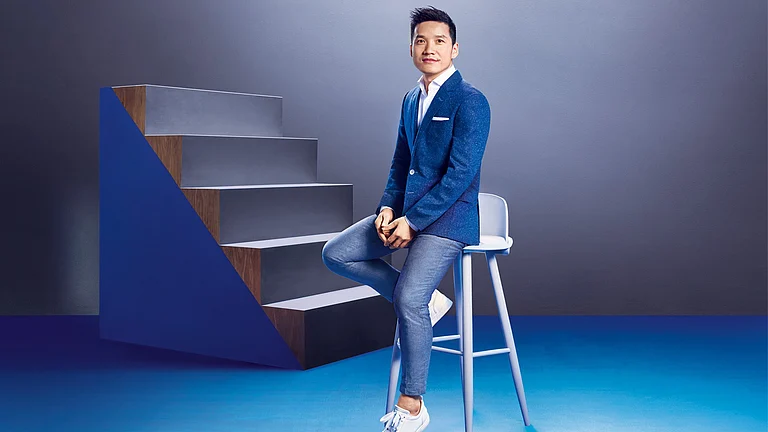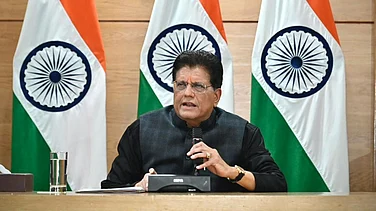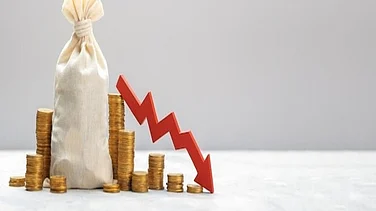Pavel Durov, the 39-year-old founder of Telegram, has been put under formal investigation in France as authorities probe the use of his messaging platform in connection with organised crime.
According to the prosecutors, Durov has not been detained but is under judicial supervision. As part of the legal proceedings, he has to pay a deposit of €5 million ($5.6 million). The Russian-born billionaire and French national might also face further restrictions as part of the investigation, according to a report by BBC.
He is prohibited from leaving the country and was initially detained last Saturday upon his arrival at Le Bourget airport under a warrant linked to offenses related to the use of his app Telegram.
The allegations put upon by the prosecutors are related to the platform, Telegram, being used for sharing abusive content and drug trafficking. The platform has reportedly failed to provide necessary information or documents to investigators as required by the law.
Meanwhile, Durov's arrest in France has triggered a massive backlash in Russia as some government officials claim it to be a politically motivated action.
French President Emmanuel Macron stated on Monday that Durov's arrest was not politically driven but rather the result of an independent investigation. "I have seen false information regarding France following the arrest of Pavel Durov," he said in a social media post.
"In a state governed by the rule of law, freedoms are upheld within a legal framework, both on social media and in real life, to protect citizens and respect their fundamental rights.
The arrest of the president of Telegram on French soil took place as part of an ongoing judicial investigation. It is in no way a political decision. It is up to the judges to rule on the matter," he further added.
































